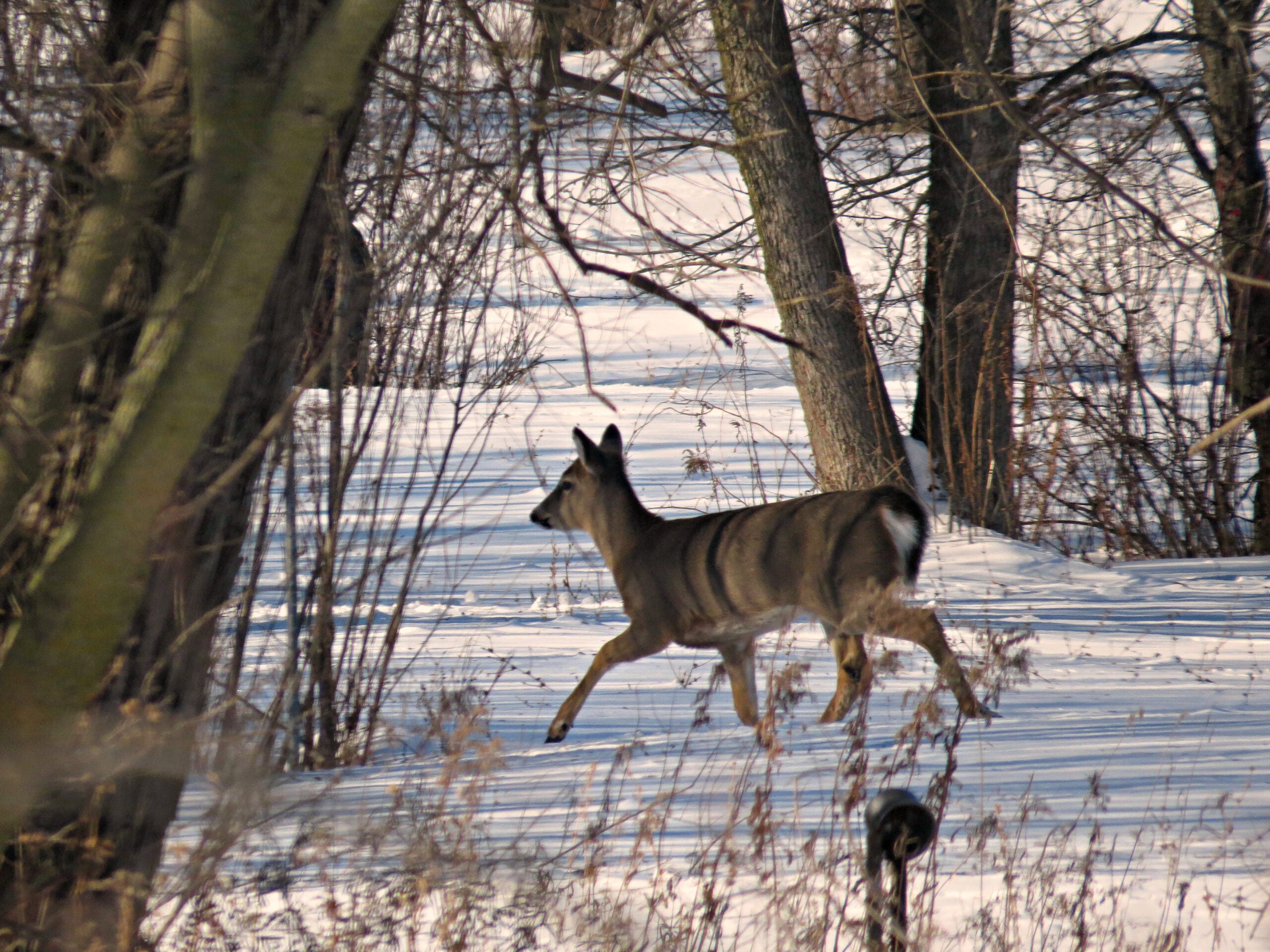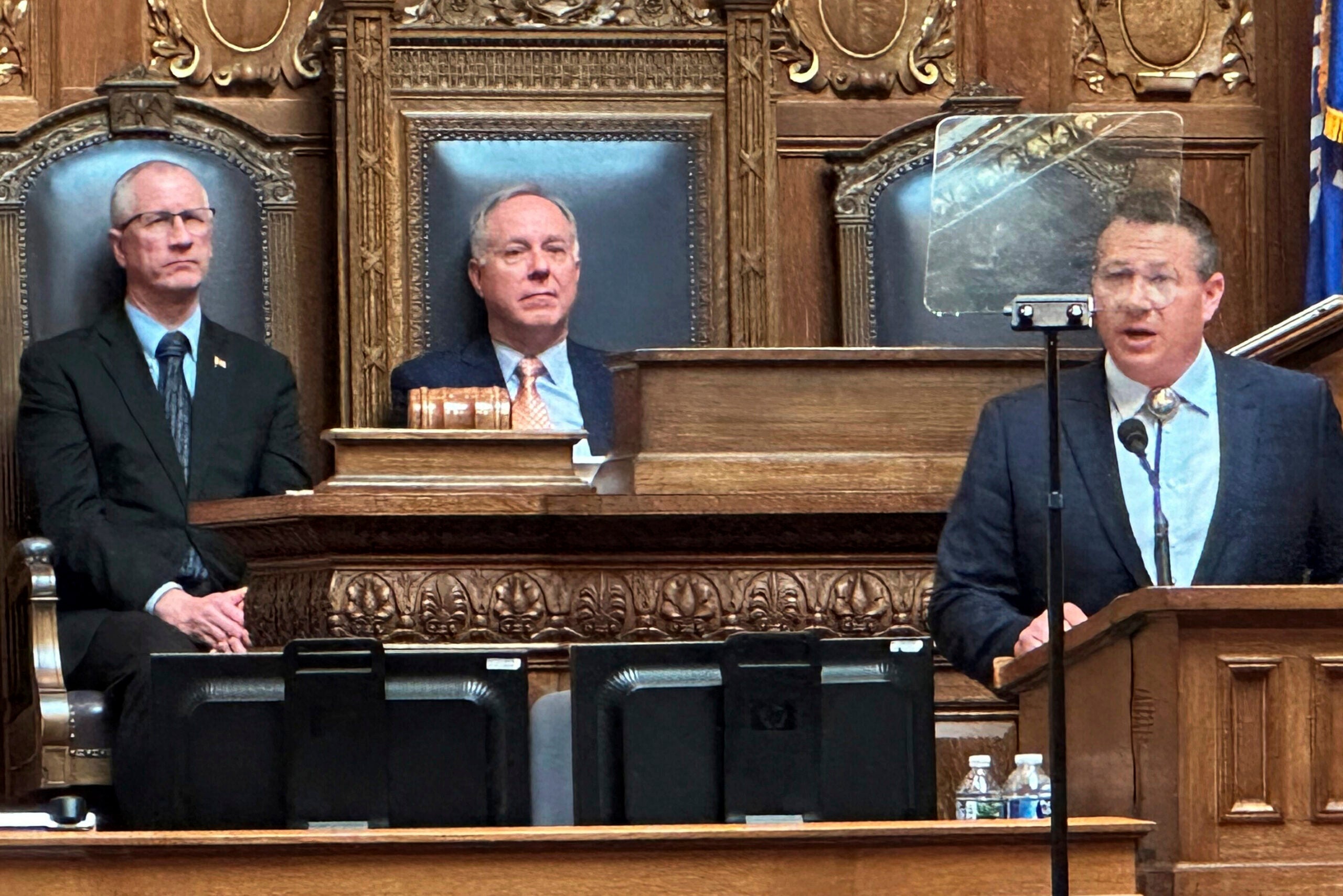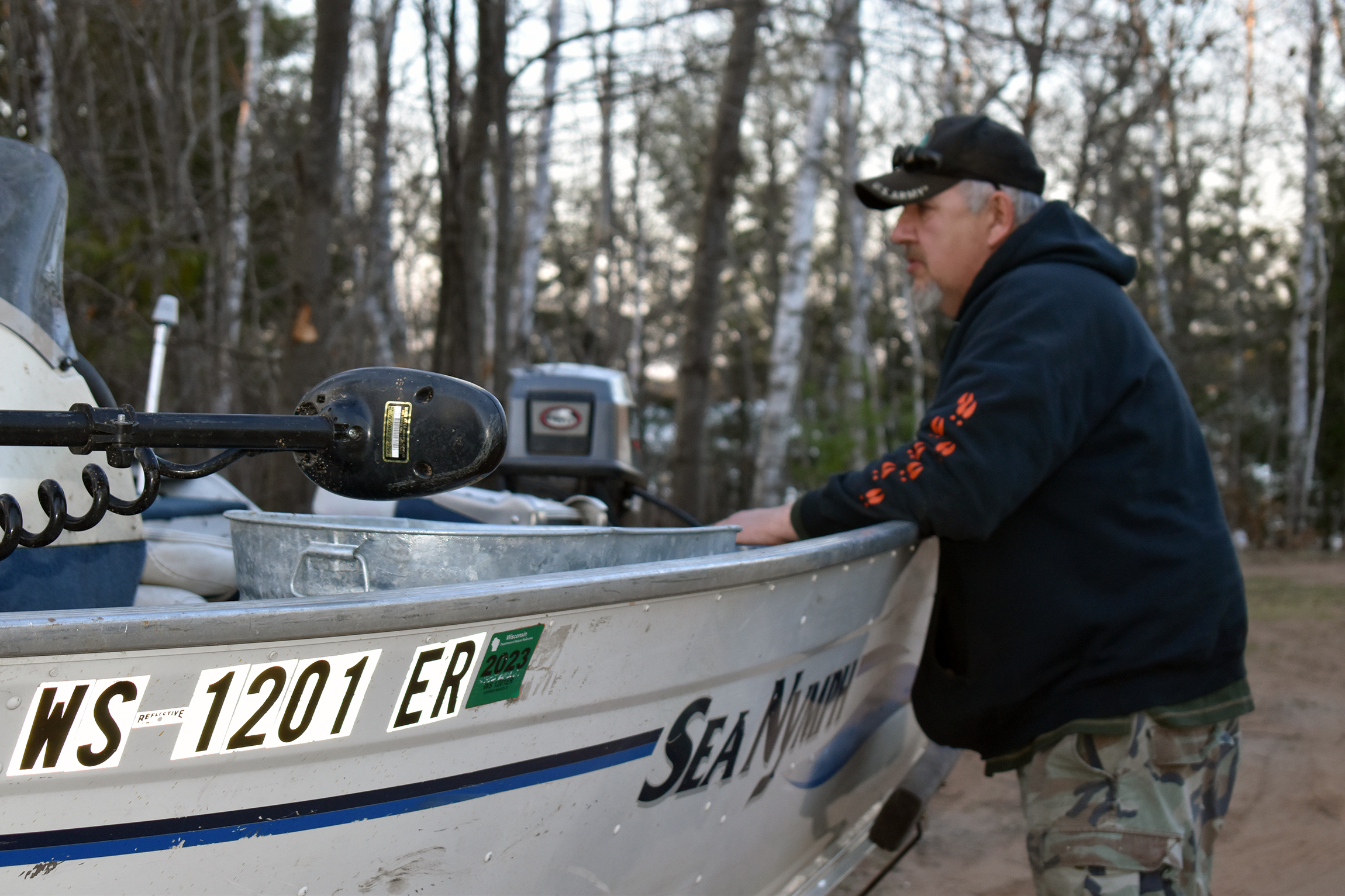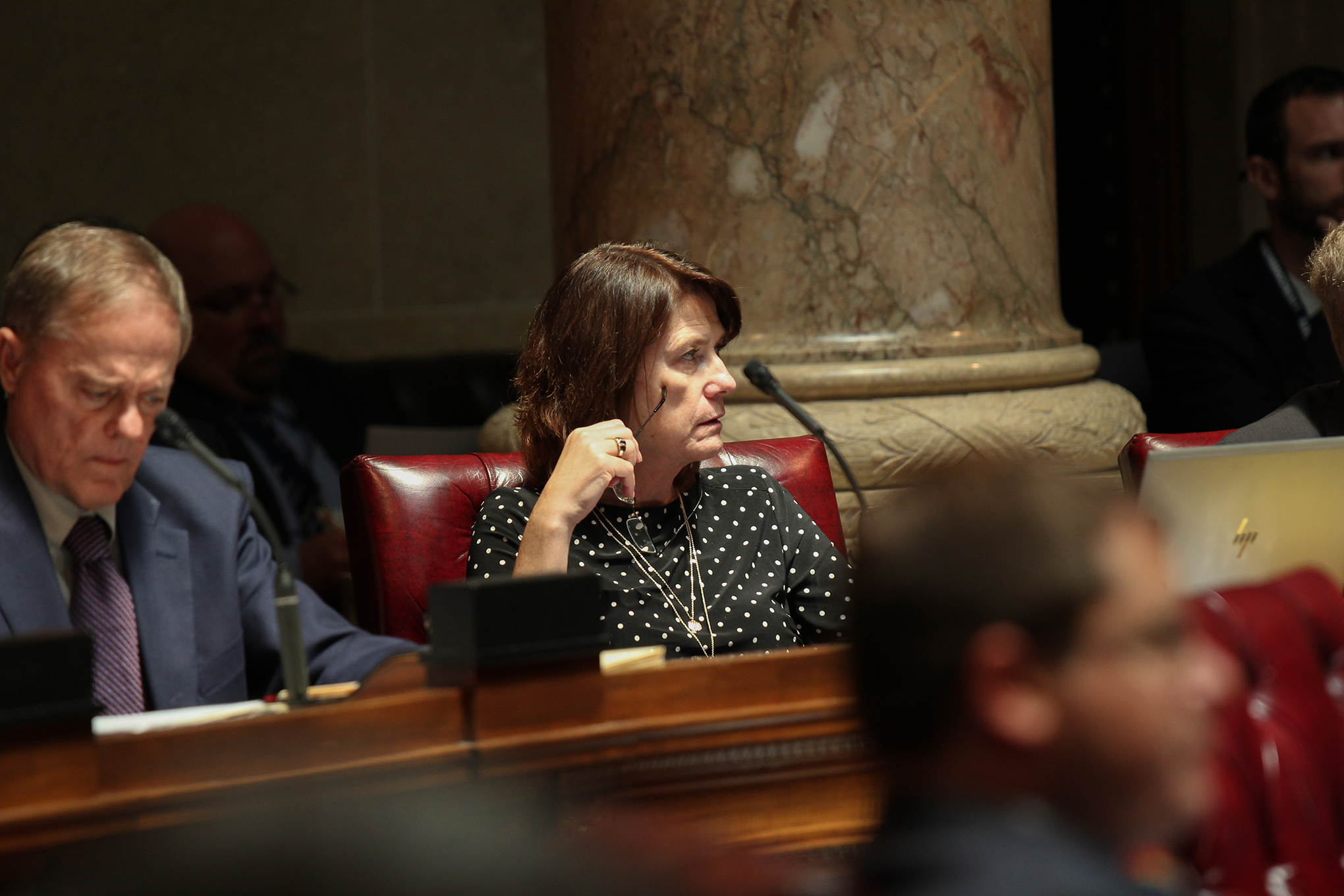The Voigt Intertribal Task Force approved a tribal chronic wasting disease management area this fall that includes portions of Oneida, Lincoln and Langlade counties.
The task force, which is comprised of members from tribes in Michigan, Minnesota and Wisconsin, has been recommending policy on tribes’ behalf since the landmark Voigt Decision. The 1983 federal court ruling upheld tribes’ rights to hunt, fish and gather off-reservation under the 1837 and 1842 treaties with the federal government.
The tribal CWD management area creates restrictions for tribal members on the transport, disposal and registration of wild deer in those areas.
Stay informed on the latest news
Sign up for WPR’s email newsletter.
Wildlife biologist Travis Bartnick, of the Great Lakes Indian Fish and Wildlife Commission, said the restrictions stem from two wild deer testing positive for the disease within 30 miles of two tribal communities earlier this year in Lincoln and Oneida counties.
“They want to do everything in their power to protect the wild whitetail deer and elk herd.” said Bartnick. “Even though they’re such a minority of the population of deer hunters out there, they want to be able to set this example of how to do things in the right way.”
The restrictions prevent members from moving wild deer outside of the tribal CWD management area with limited exceptions, such as when the carcass is deboned.
“The tribal member would either have to dispose of the carcass by burying it at the site or ensuring that it ends up in a landfill or in a designated disposal area,” said Bartnick.
Wisconsin lawmakers intervened this fall to prevent part of an emergency rule from taking effect that would have restricted deer carcass transport for state deer hunters.
Bartnick said tribes will also have to register deer remotely to prevent the spread of CWD under the restrictions. Each tribal council has to modify its version of the off-reservation conservation codes to enforce them, according to GLIFWC policy analyst and attorney Philomena Kebec. She said Fond du Lac, Lac Courte Oreilles, Red Cliff and the St. Croix tribes have passed amendments in order to enforce the changes approved by the task force.
“As tribal people, people who are dependent on venison for subsistence reasons and for cultural reasons, this threat to the existence of the deer is also very concerning,” she said.
Mark Duffy, task force representative for the Red Cliff tribe, said CWD could be devastating for tribes.
“That would change our lifestyle. That would change our history if all of a sudden we had a disease up here that indicated that we could not eat our deer or our fish or anything else or our wild rice,” said Duffy.
Wisconsin Public Radio, © Copyright 2024, Board of Regents of the University of Wisconsin System and Wisconsin Educational Communications Board.






